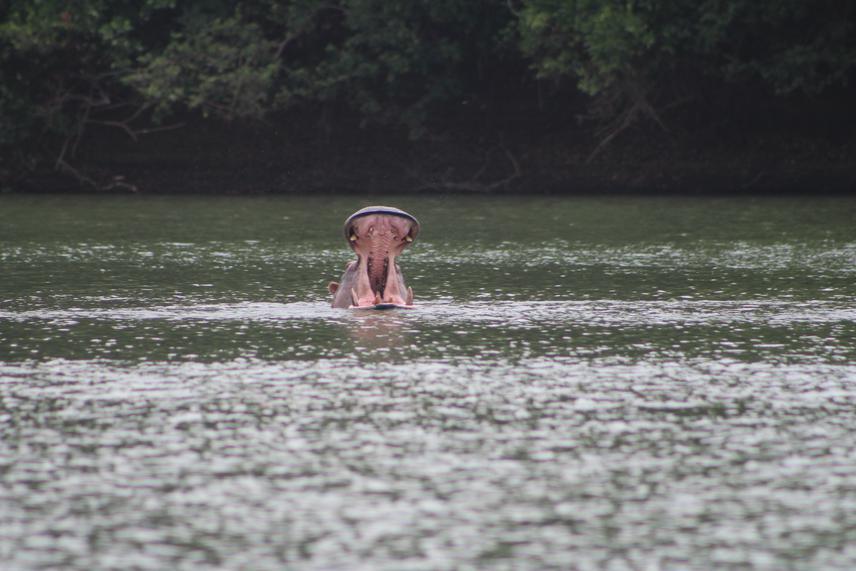Ransford Agyei
Other projects
24 Sep 2020
Strengthening Community-Based Hippo Conservation along the Black Volta River; the Case of Wechiau Hippo Sanctuary
This project aims to put Hippopotamus (Hippopotamus amphibius) on conservation spotlight in Ghana by raising significant awareness for its long-term viability. The project will further aim to reduce Hippo-human conflicts by 50% through conservation education, while generating ecological data for conservation decisions.
The national population size of Hippos in Ghana has been estimated to be between 120-150 individuals. The most important population occurs at Bui Conservation Area (BCA) in Ghana. Recently however, the Ghanaian Government has undertaken a hydro-electric dam construction on the rivers where the Hippos reside in BCA. The impact of the dam on the species is yet to be ascertained. Thus, the project will undertake Hippo census to estimate the current population of the species.

Hippopotamus population in West Africa have been identified to be of the highest level of risk due to severely fragmented population, distribution and high frequency of Hippo-human conflicts (Lewison & Pluháček, 2017). Quite recently, the species has been reported extinct in some African Countries including Liberia (Lewison & Pluháček, 2017).
In Ghana, Hippo population is estimated to be about 120-150 individuals, although no formal census has been undertaken in recent times (Sheppard et al. 2010). The highest of this population occurs at the Bui conservation area. Recently however, the government of Ghana has undertaken hydroelectric power project on the rivers in this area. This makes the current conservation status of the population uncertain. Accordingly, conservation actions focused on understanding the current population dynamics, and raising awareness of the conservation status of the species is urgently required.
This project will therefore determine population size and current distribution of Hippos in the Bui Conservation area. The project will further undertake targeted conservation education and awareness within the communities surrounding the reserve. Some activities include schools and campuses conservation campaigns, Hippo art competitions, planting of trees at along degraded watercourses, community conservation education using PowerPoint and storytelling amongst others.
It is anticipated that, these actions will reduce drastically the Hippo human conflicts within the area whilst providing critical conservation data that will underpin conservation decisions.